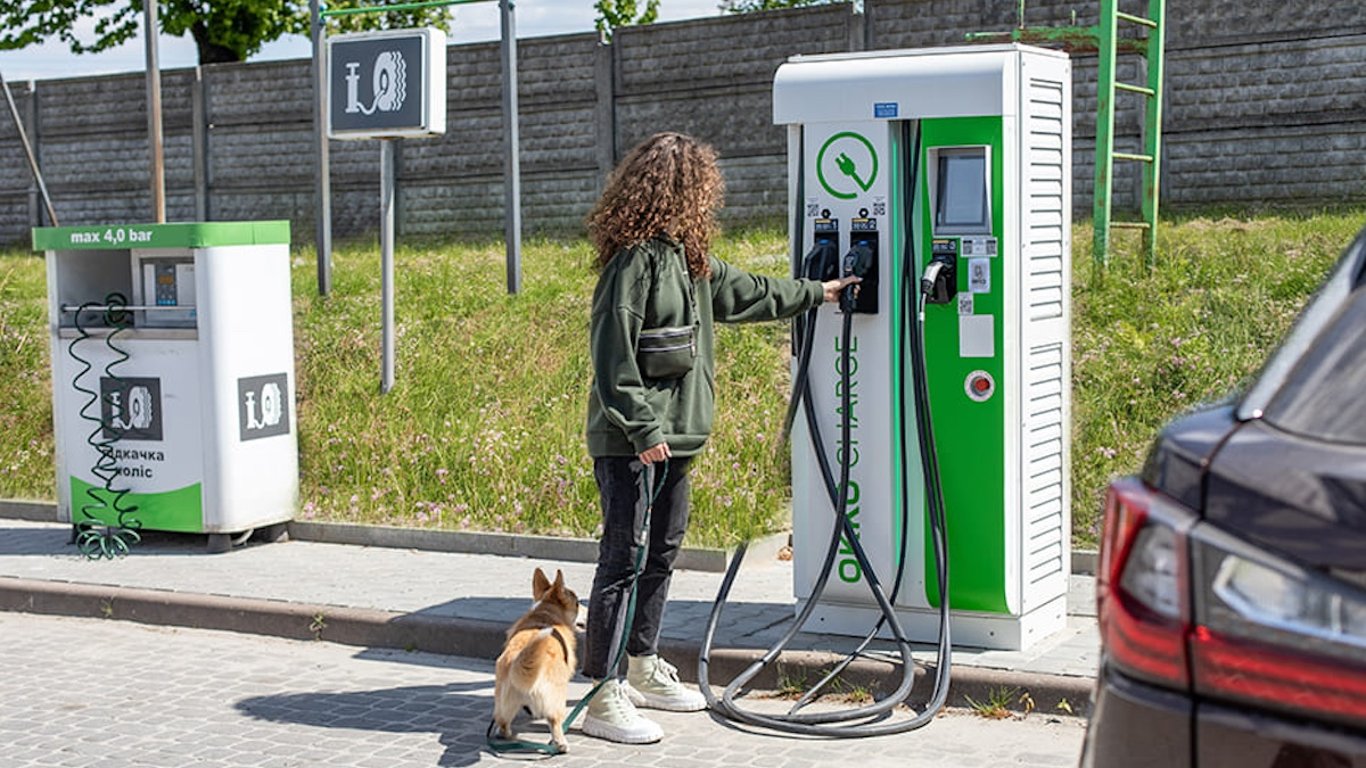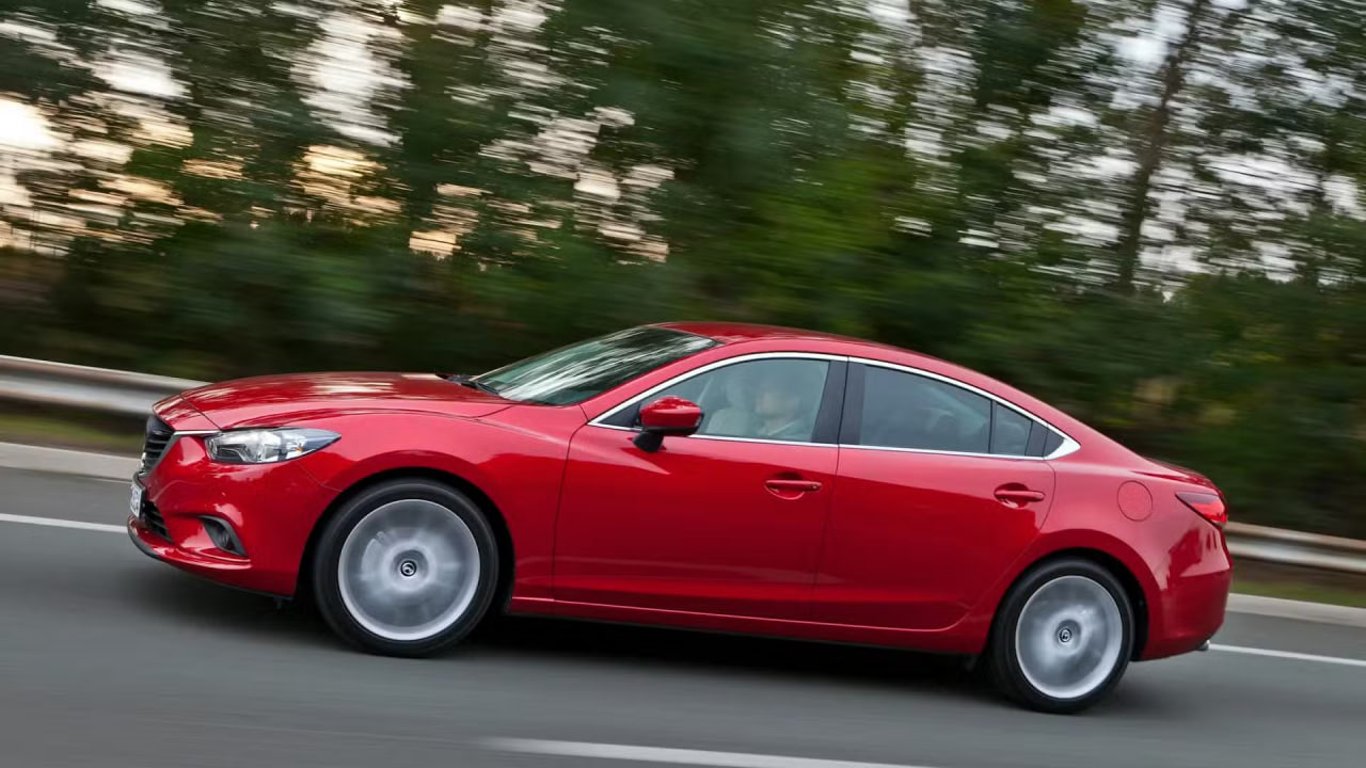Electric Car or Hybrid - Which is Better.


Electric vehicles are environmentally friendly and economical to maintain, but they have a limited range and require a developed charging infrastructure. Hybrid cars combine the advantages of an internal combustion engine and an electric motor, allowing for fuel savings and a greater range, but they are more expensive and more complex to service.
Features of Electric Vehicles
Electric cars require lower maintenance costs, as they do not need to be refueled with traditional fuel. However, they need to be charged, which affects travel distances and the availability of charging stations. The main advantages of electric vehicles are:
- Quiet operation. The motor operates silently, making trips more comfortable.
- Reliability. They have fewer moving parts, reducing the risk of maintenance and repair costs.
- Economy. Charging costs are much lower, especially considering rising fuel prices.
The disadvantages of electric vehicles include:
- Limited range. Without recharging, they can travel an average of 150-500 km.
- Long charging Time. Even at fast charging stations, waiting can take from 30 minutes to several hours.
- Insufficient number of charging stations. Planning routes for long-distance trips is necessary.
Features of Hybrid Cars
Hybrid vehicles combine an internal combustion engine and an electric motor, allowing for fuel savings. During braking, energy is recovered, making hybrids advantageous in urban settings. The main benefits of hybrid cars are:
- Range. Hybrids can cover long distances without needing to recharge.
- Fuel economy. The use of an electric motor reduces the frequency of visits to the gas station.
Among the disadvantages of hybrids are:
- Dependence on traditional fuel. Such vehicles need to be refueled at regular gas stations.
- Complexity of the design. This affects maintenance costs.
- Limited electric capacity. This can impact driving dynamics.
- Fewer model options. Compared to other types of vehicles.
Which Vehicle to Choose
An electric vehicle is ideal for users who regularly drive short distances in urban conditions and have access to a charging station at home or work. A hybrid car is a better choice for long-distance trips where there may be issues with the availability of charging stations. Such vehicles allow for greater autonomy, even in remote locations.
When choosing between an electric vehicle and a hybrid car, it is important to consider your needs and operating conditions. Electric vehicles are perfect for urban commuting over short distances, while hybrid cars can be an effective choice for long trips, where charging stations may not always be available. Each type of car has its advantages and limitations, so it's worth weighing all the pros and cons before making a purchase.
Read also
- Why laptop chargers are big black 'bricks'
- Kyivstar gives away gigabytes — who can get 150 GB for free
- The Best Mazda Engines Named
- Charging iPhone with a foreign cable – what are the risks?
- Evacuation of the wounded and delivery of shells — the work of ground drones
- Five Little-Known Useful Functions of Subaru Cars








